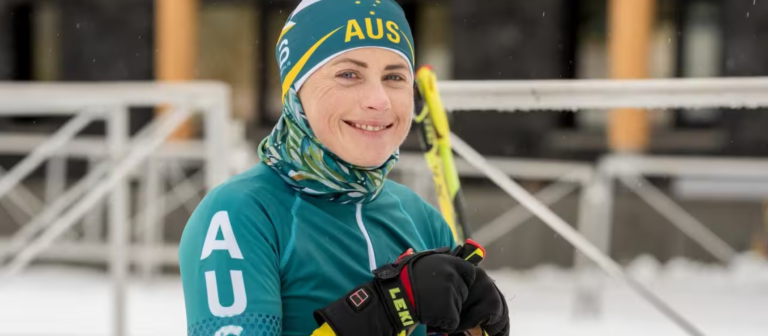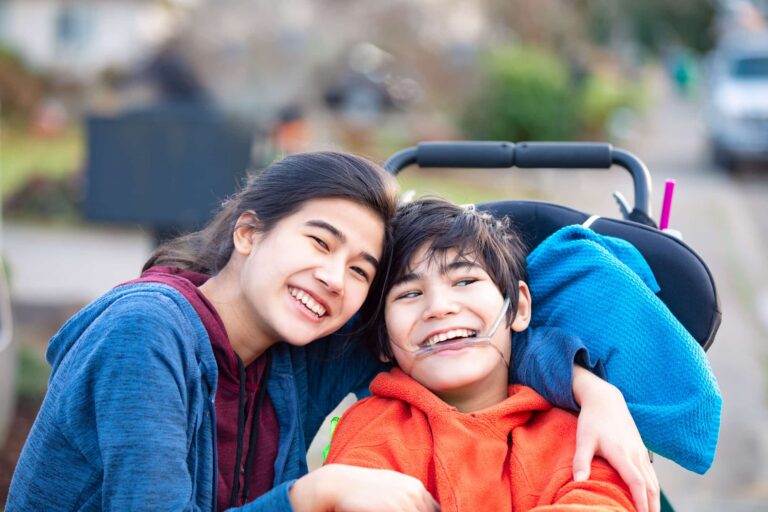With the introduction of PACE some NDIS budget categories, including Improved Relationships, now look different depending on the type of plan you have.
Improved Relationships can include support for building social skills and managing behavioural challenges. How this support is included in your NDIS Plan depends on whether you have a legacy or PACE Plan.
We explain how the Improved Relationships budget works, the supports it can fund and what’s changed.
What is Improved Relationships or Relationships in an NDIS Plan?
Improved Relationships is a Capacity Building budget designed to support people with disability to build stronger, healthier connections with others. It supports the development of social skills, communication and confidence so you can become more independent.
In legacy NDIS Plans, Improved Relationships is a single category that can include funding for both social skills development and behavioural support.
In PACE Plans, this has been separated into two categories: Relationships (Individual Social Skills Development) and Behaviour Support (Specialist Behavioural Intervention Support).
Relationships (if you’re on a PACE Plan).
In PACE Plans, Relationships and Behaviour Support are now two separate Capacity Building budgets. The budget previously known as Improved Relationships is now called Relationships.
The Relationships budget focuses on building your social skills and confidence so you can interact with others and participate in everyday activities.
Supports may include:
- Getting help to find communication methods that suit your needs
- Understanding how people show their feelings through gestures, facial expressions or the way they speak
- Taking part in activities where you can try out social skills in real situations
- Joining a program or group that helps you feel more comfortable talking to and spending time with others.
Top tip: If you’re moving to a PACE Plan and need both social skills and behaviour support, mention this in your planning meeting so both categories can be included and funded.
[Image description: A boy and his mum are laying down, the camera is focused on the boy laughing.]
Improved Relationships (if you’re on a legacy NDIS Plan).
In legacy or older NDIS Plans, there is one category called Improved Relationships that can include both social skills and behavioural support.
Supports may include:
- Individual Social Skills Development: Help to build communication and relationship skills for home, school, work or community settings
- Specialist Behavioural Intervention Support: Assessments and strategies to manage behaviours of concern and support wellbeing.
Top tip: A behaviour support practitioner should only be engaged to complete a behaviour assessment after the relevant funding has been approved and included in your NDIS Plan. Behaviour support and assessments cannot be claimed from other budgets including the Improved Daily Living budget.
Behaviour support is a complex area in the NDIS and to give it a comprehensive explanation, we will cover it in an upcoming enews.
More on social skills development supports.
Whether you’re on PACE or a legacy plan, social skills development is all about helping you feel more confident, connected and included in social settings.
Here are some examples on what this might look like:
- Learning how to communicate more clearly, understand social cues or manage tricky social situations
- Practising conversations with a support worker including how to ask questions or explain feelings
- Getting help to attend a local group or activity to meet people and build confidence
- Joining a community group to make friends and learn how to handle common social situations like taking turns or resolving disagreements
- Work with a support worker to build confidence step-by-step, starting with short meet-ups and progressing to a regular class or group.
Using NDIS Relationships or Improved Relationships funding.
It’s important to understand how this funding can and can’t be used. The NDIS will only fund supports that are considered reasonable and necessary and listed as NDIS supports.
- Relationships and Improved Relationships are usually listed as stated supports. That means the funding can only be used for the specific purpose stated in your plan. It can’t be used flexibly across other budgets.
- The NDIS does not fund general social or recreational activities such as entry fees, tickets or membership costs for clubs and events. However, you may be able to get support to build the skills needed to participate in these activities.
- There are different registration requirements and hourly rates for providers delivering Relationships or Improved Relationships supports compared to Core supports. Your provider will need to contact the NDIA to confirm which funding category their service should be claimed under.
We can help you.
Talk to Leap in! about the best way to prepare for your NDIS Plan or Plan Review meeting.
Call us on 1300 05 78 78, to have your questions answered, book your free NDIS pre-planning session or sign up to Leap in! plan management today.
Further reading.
- NDIS Plan budget categories explained.
- Capacity Building budgets: A closer look.
- What will the NDIS pay for?
Originally published on 19 April 2019, updated on 21 October 2020, 1 March 2022 and 24 June 2025.



